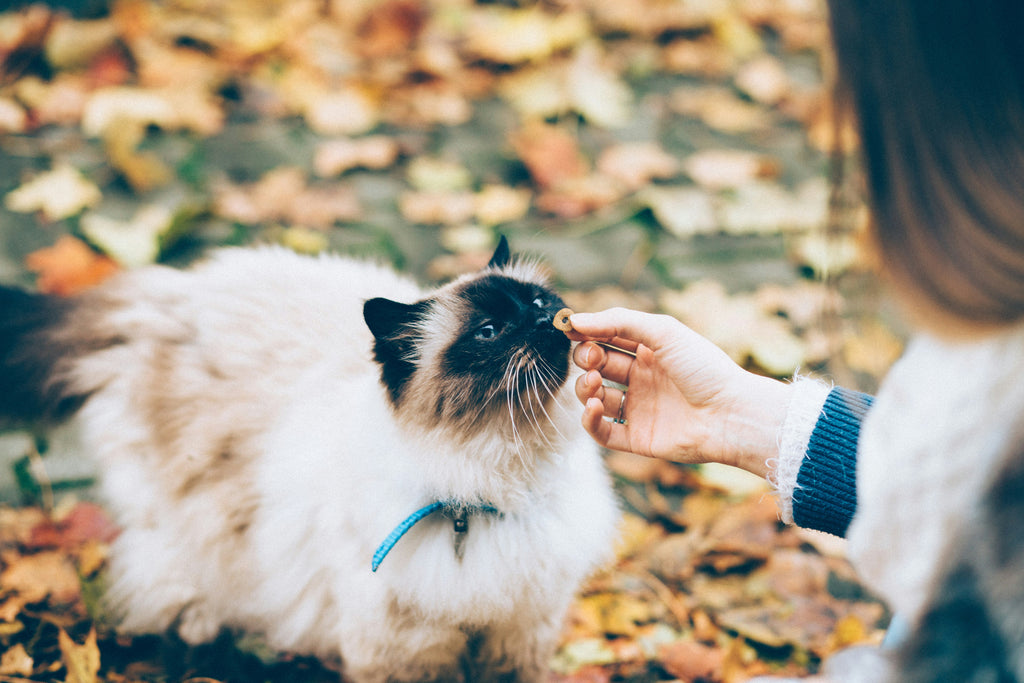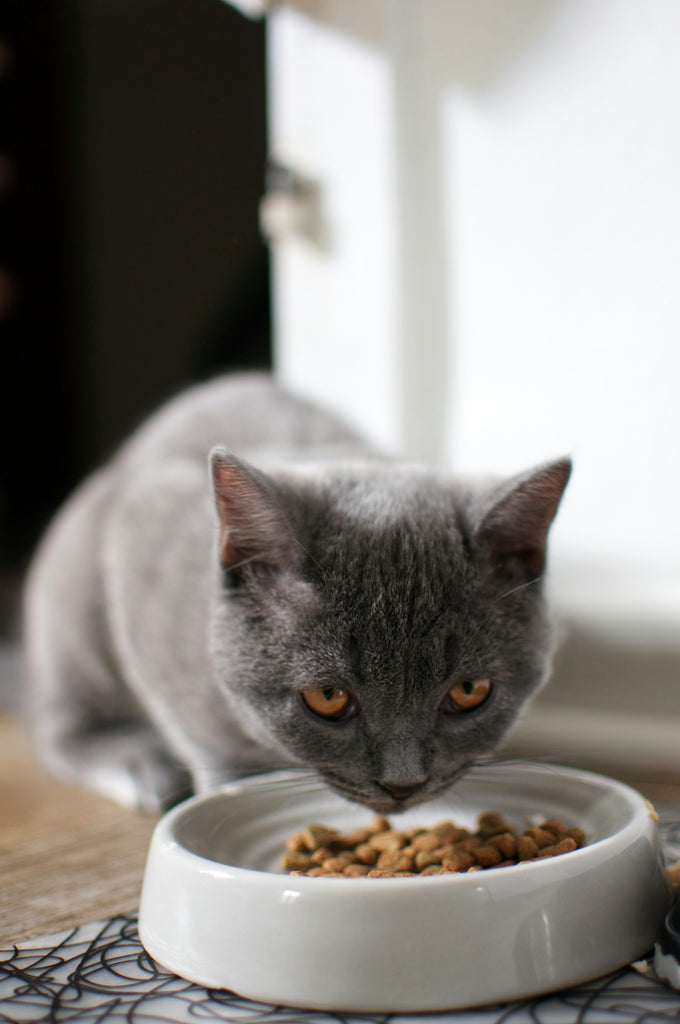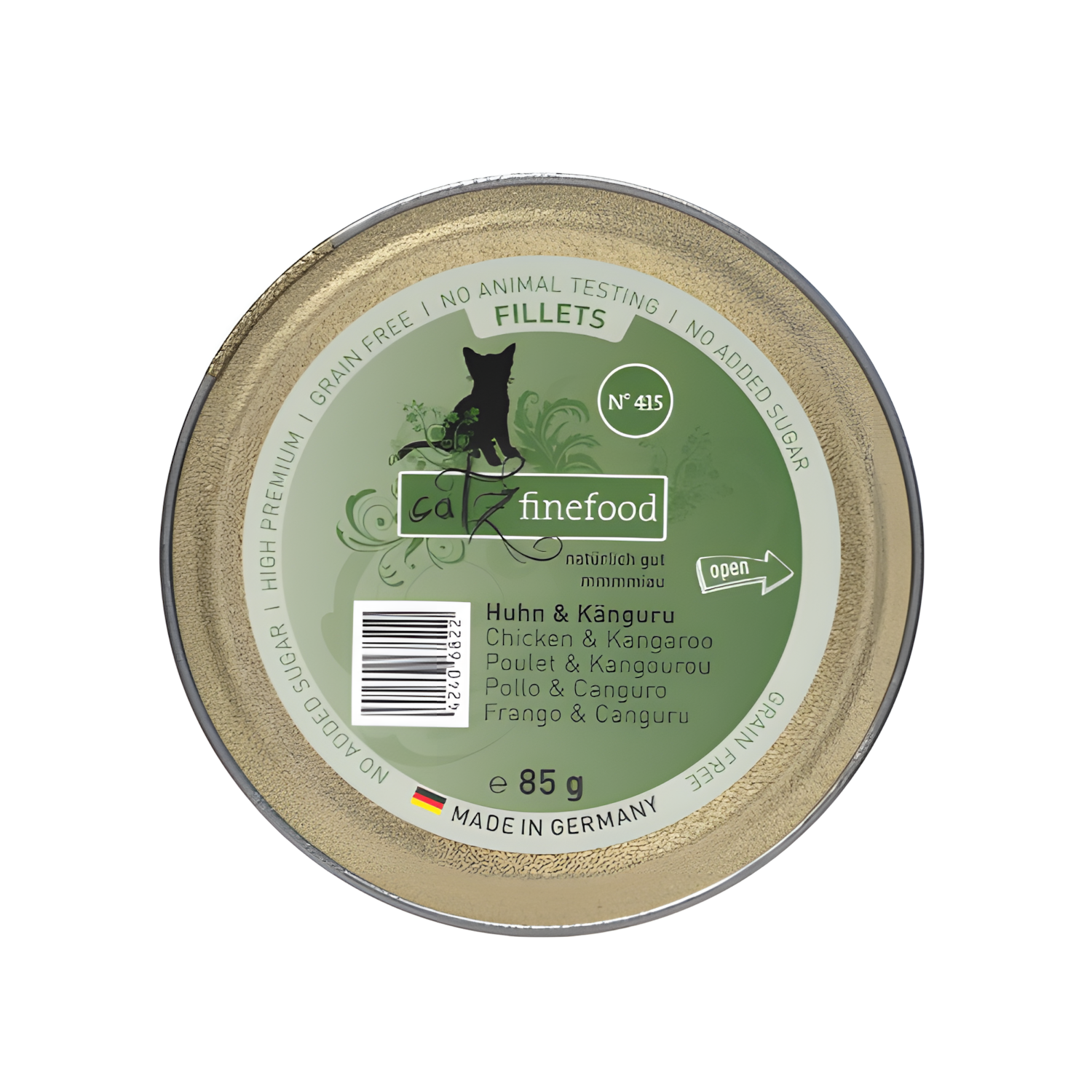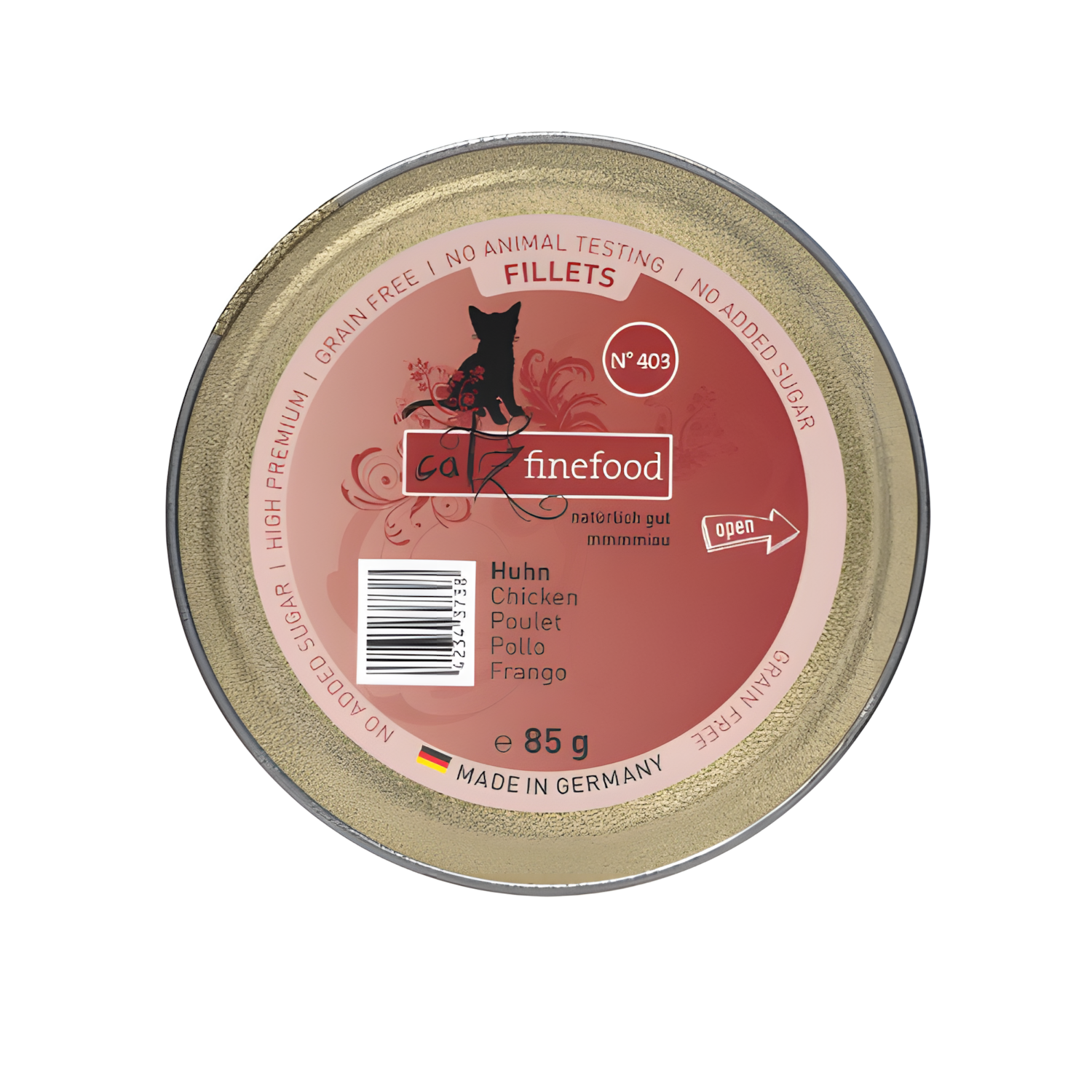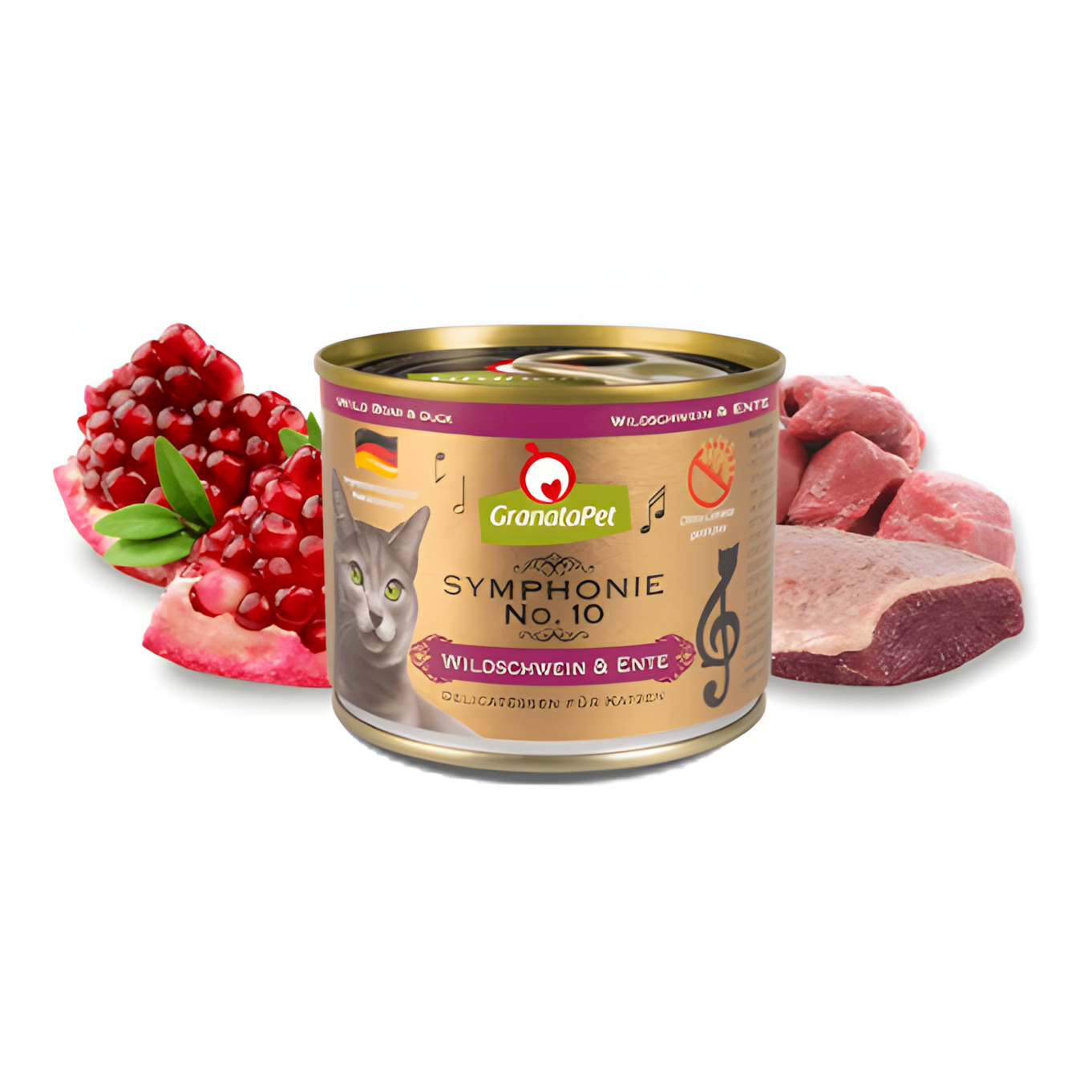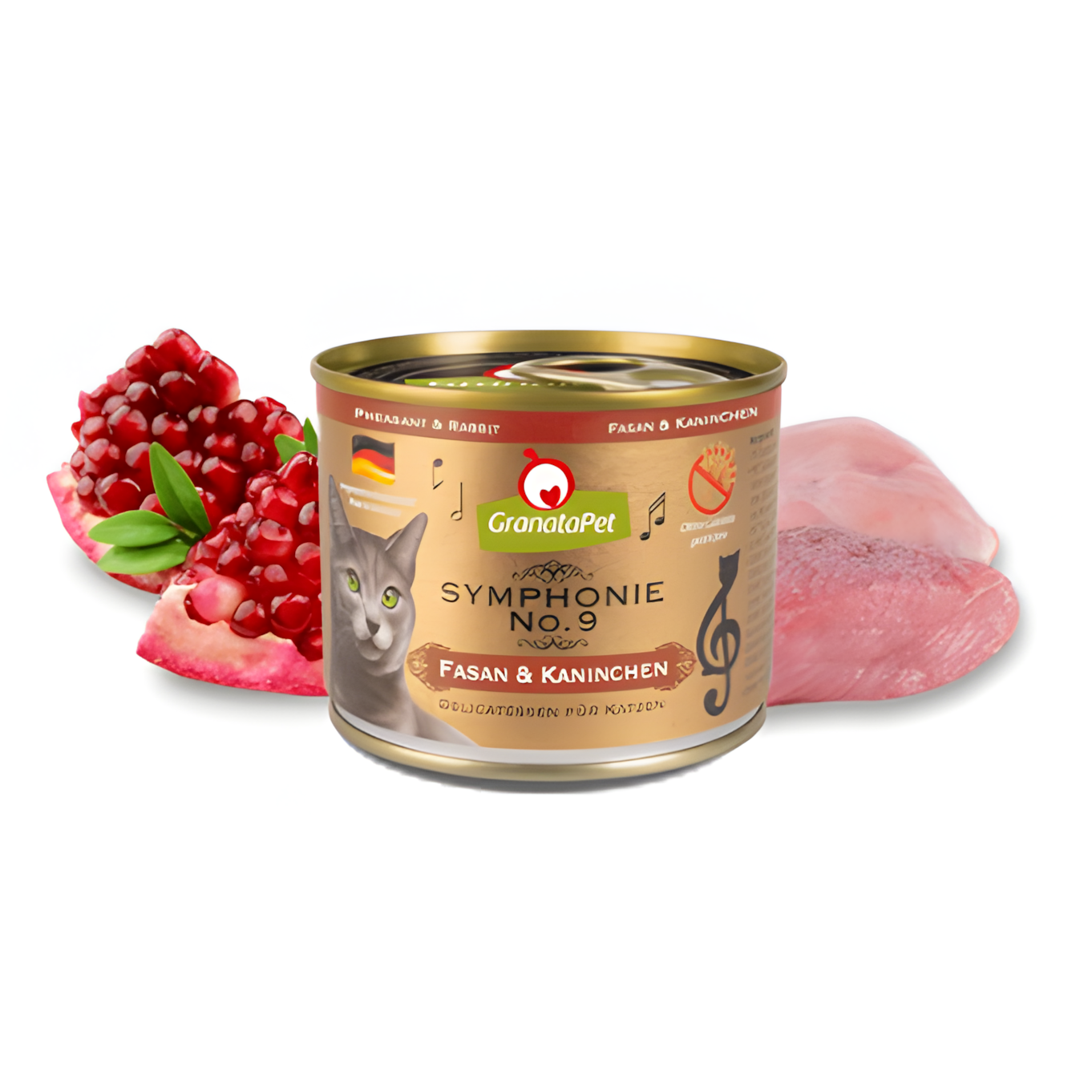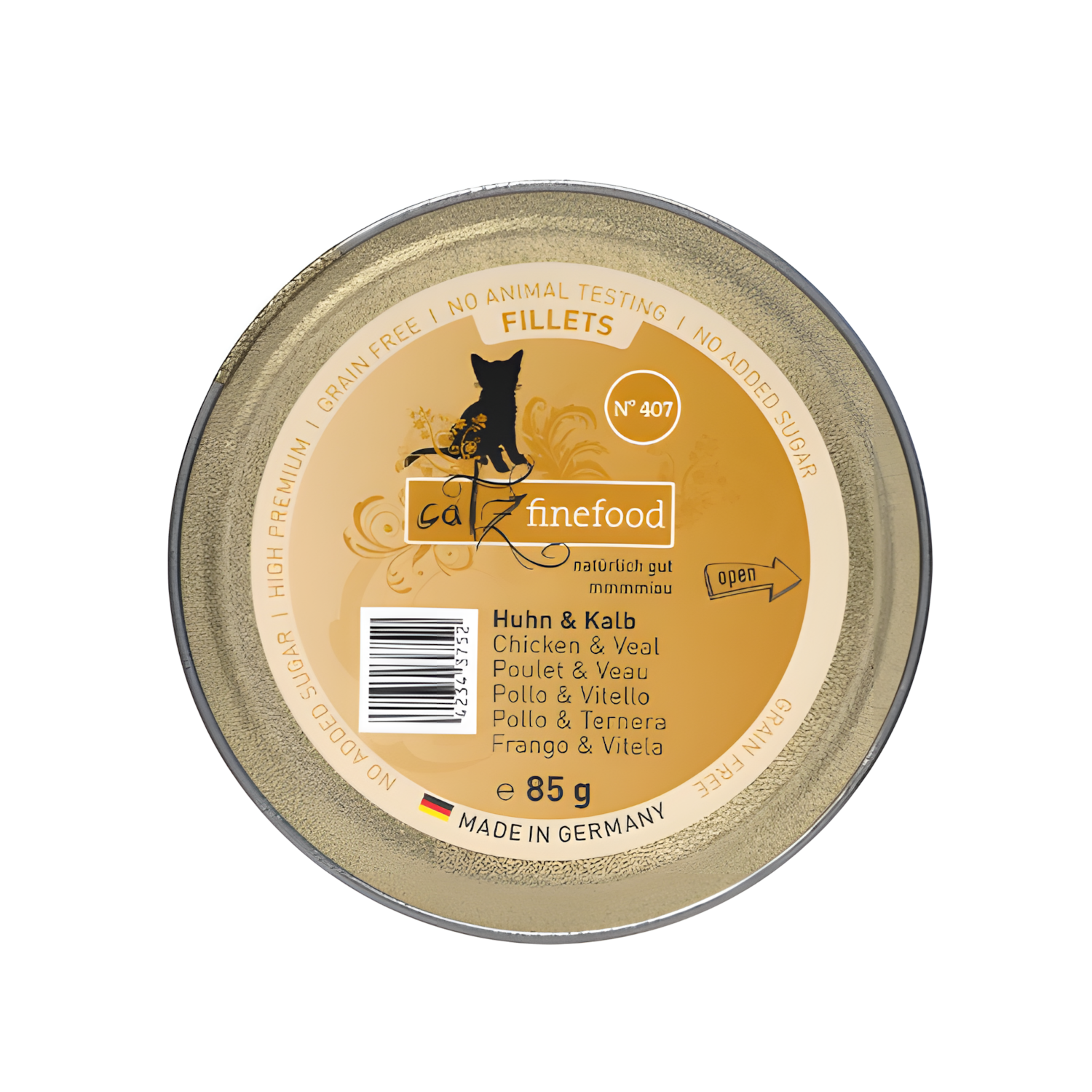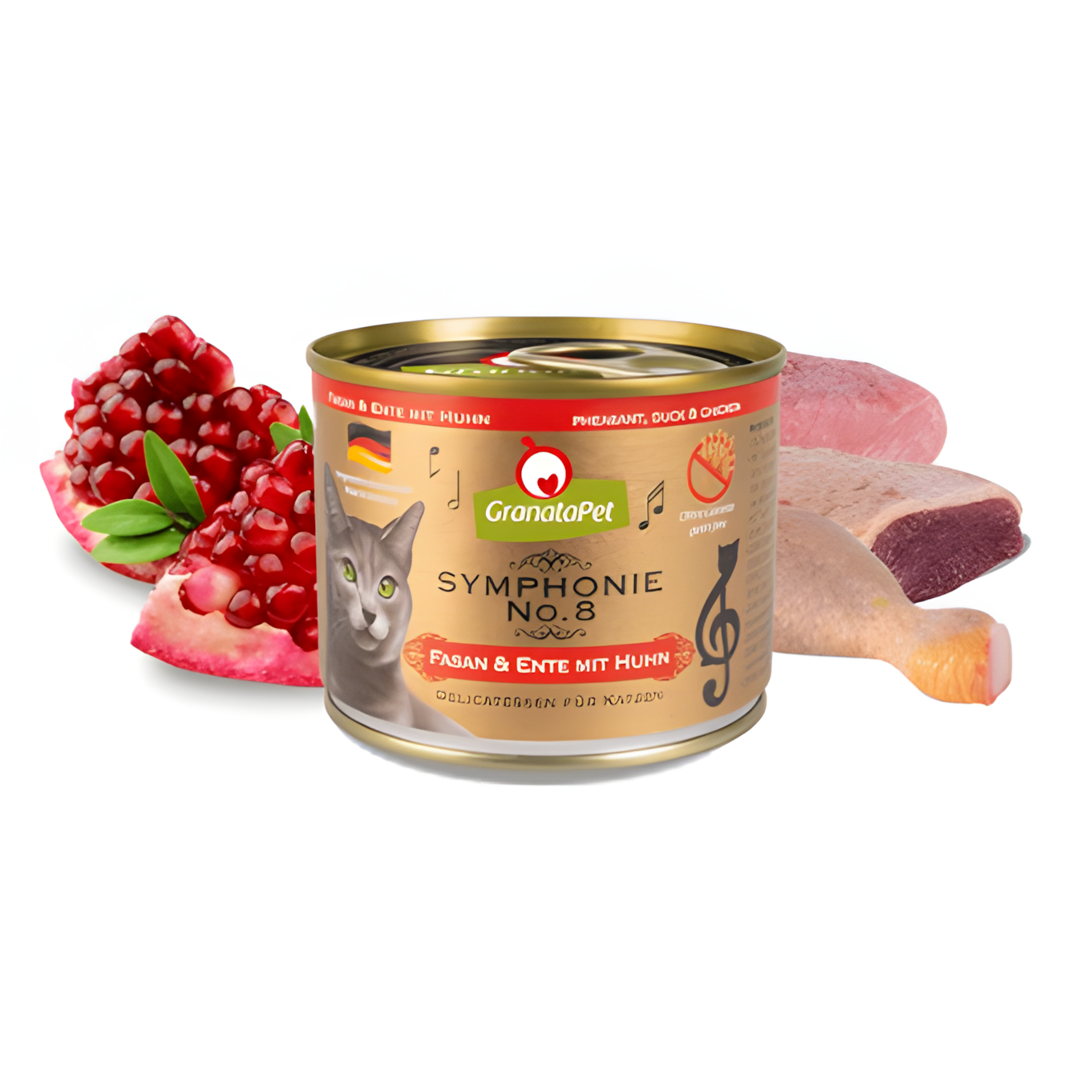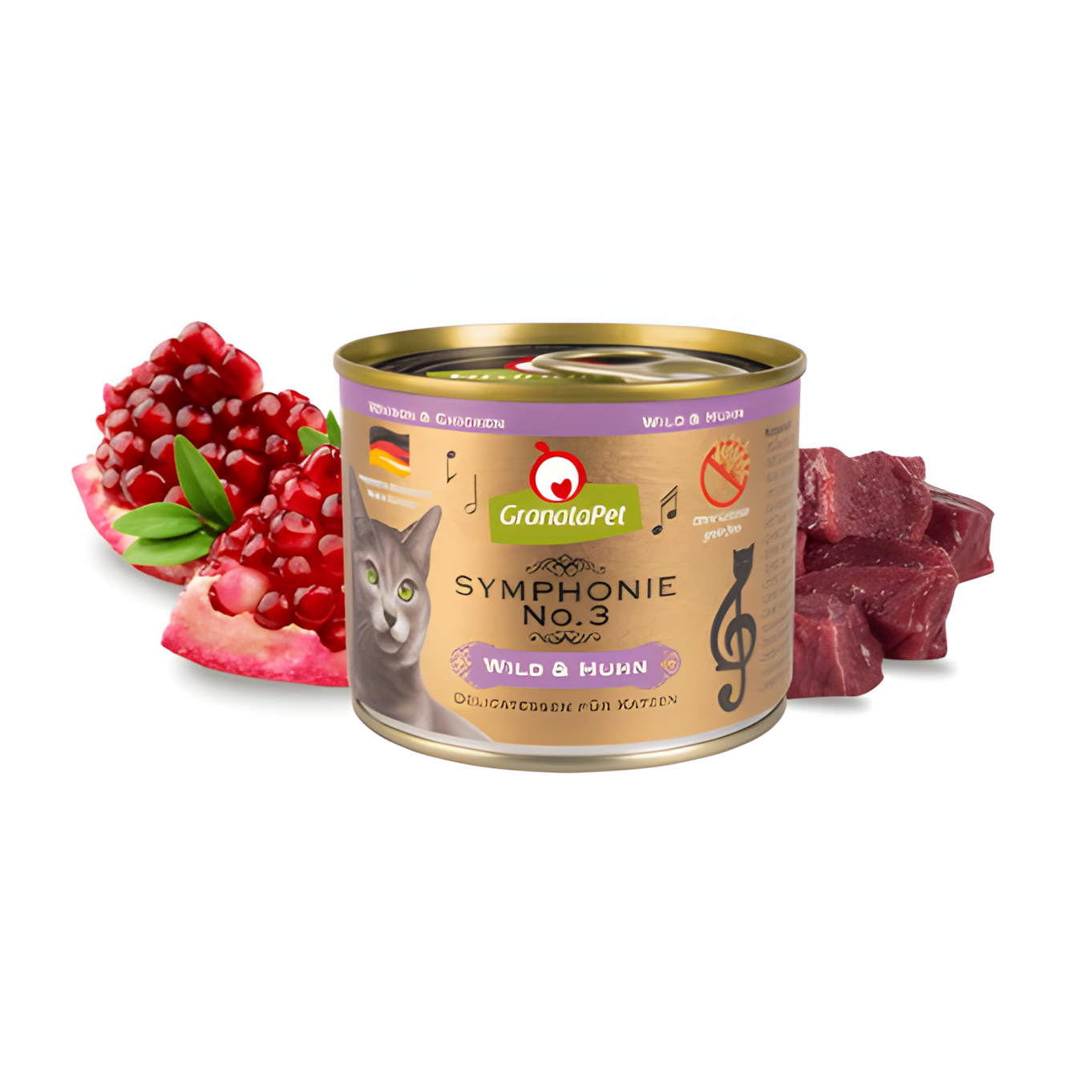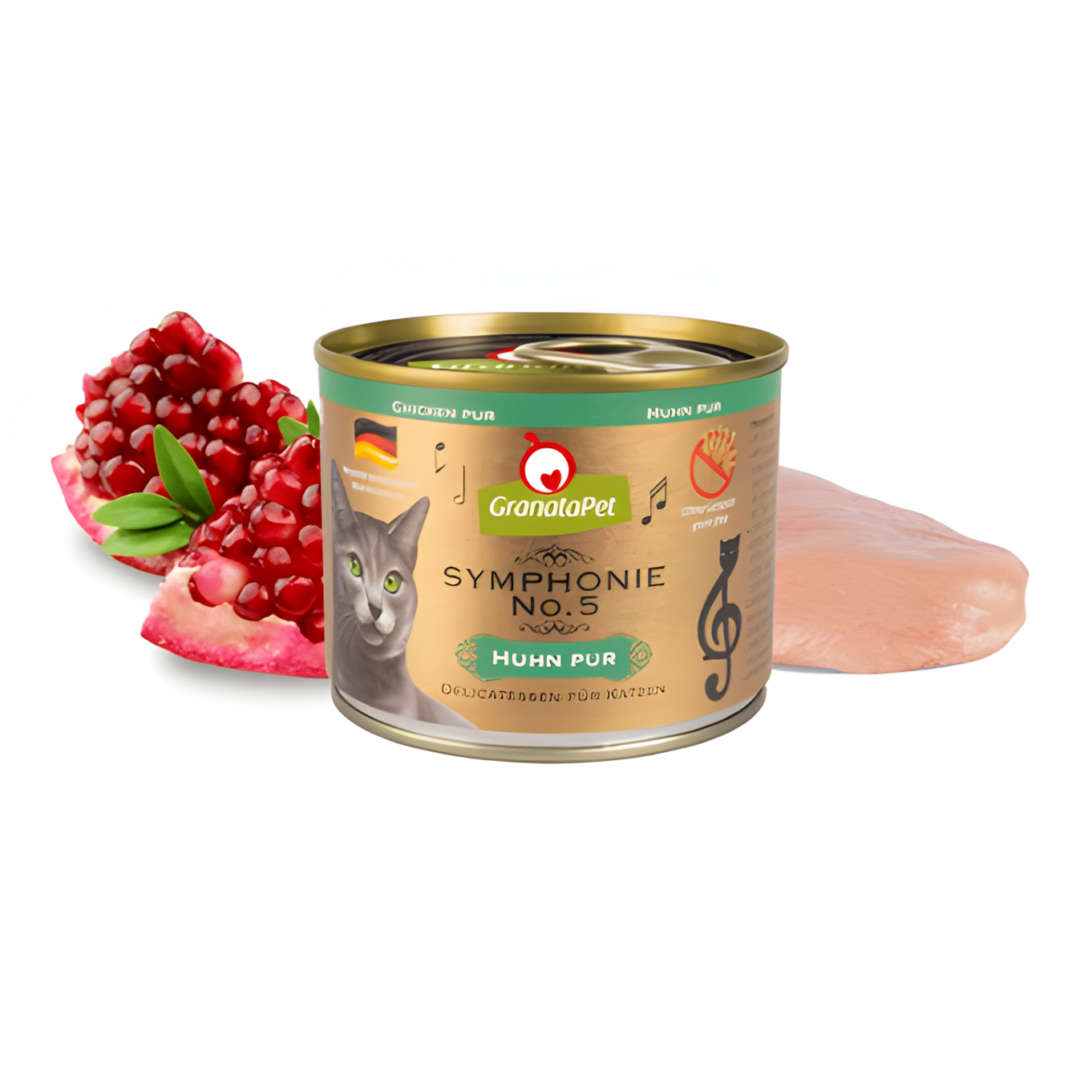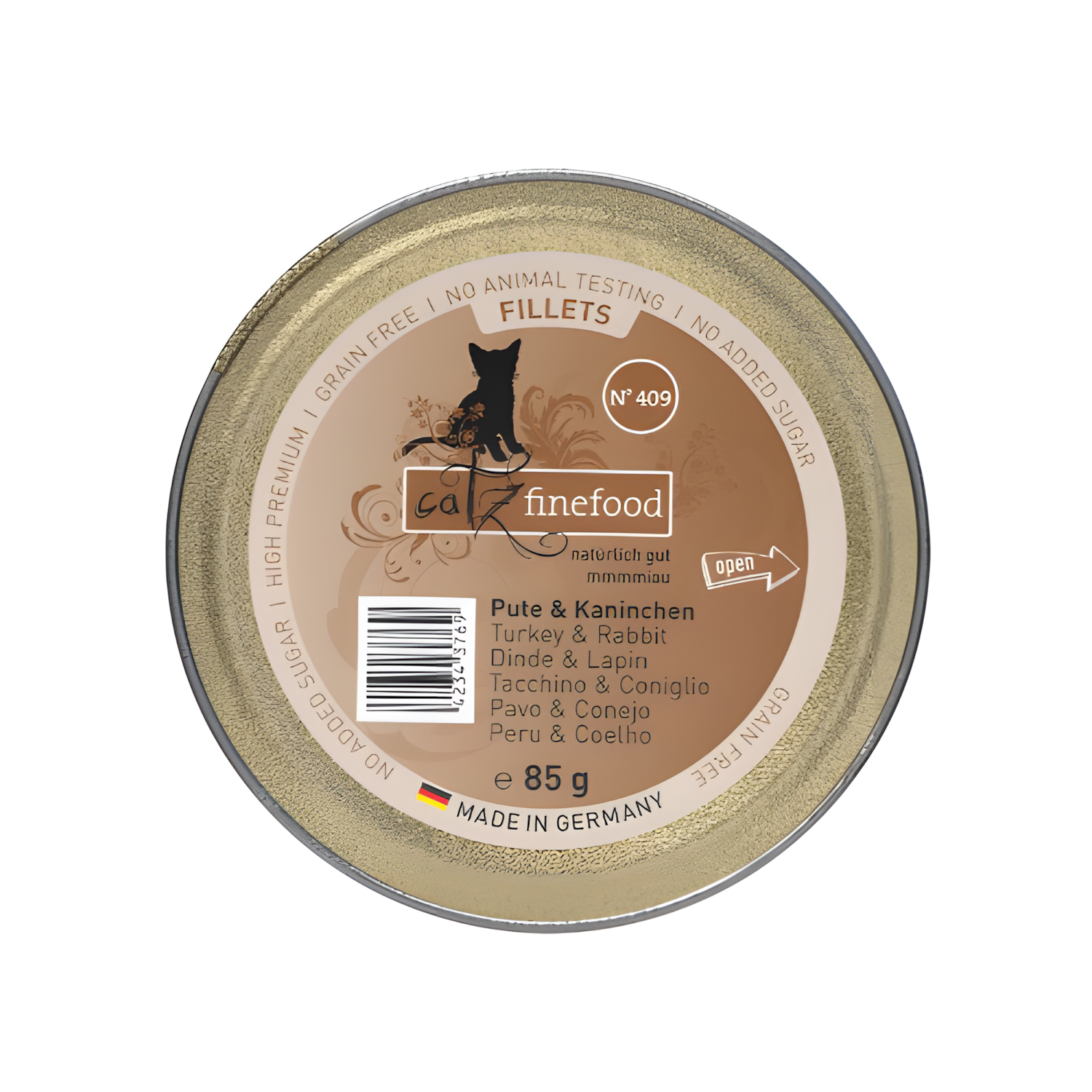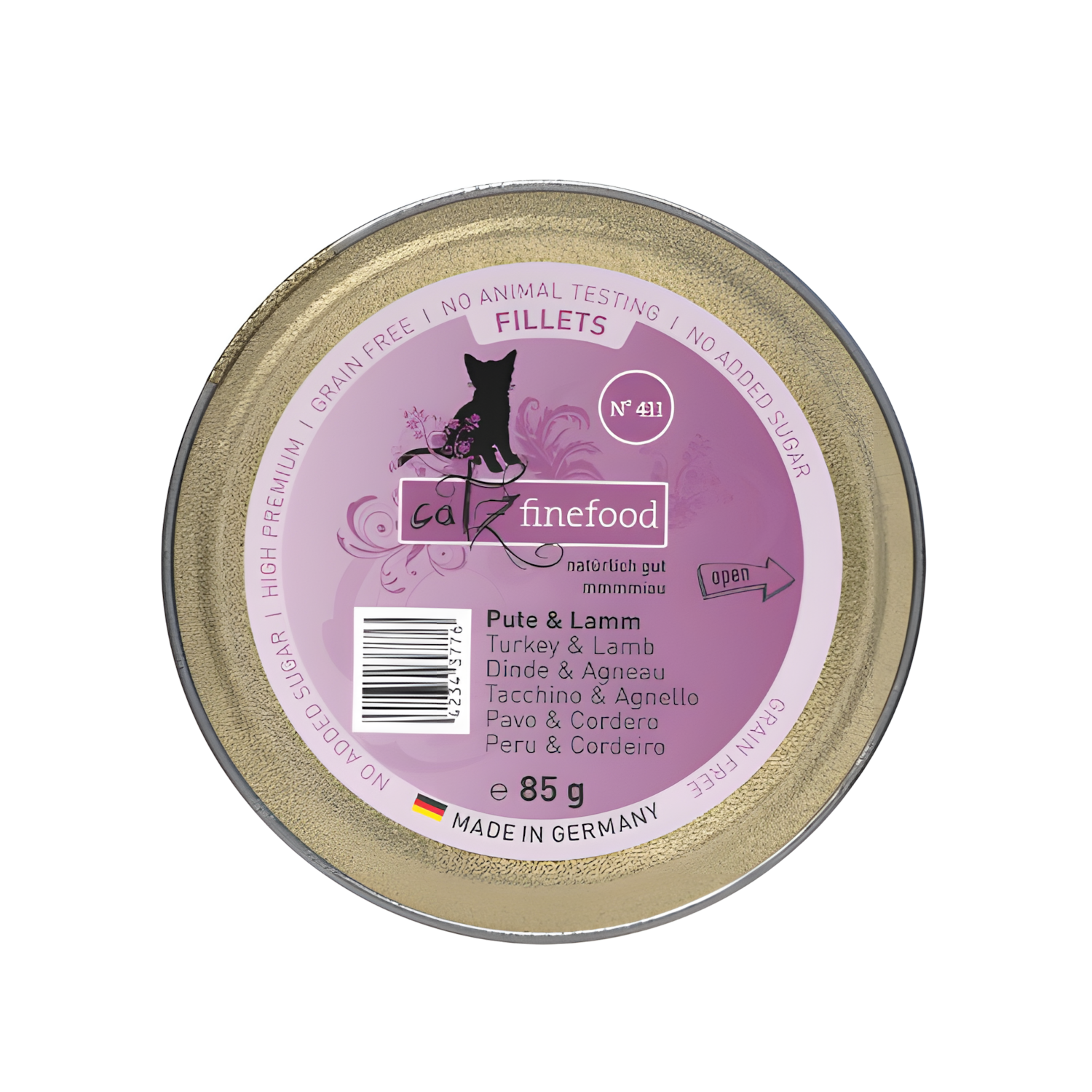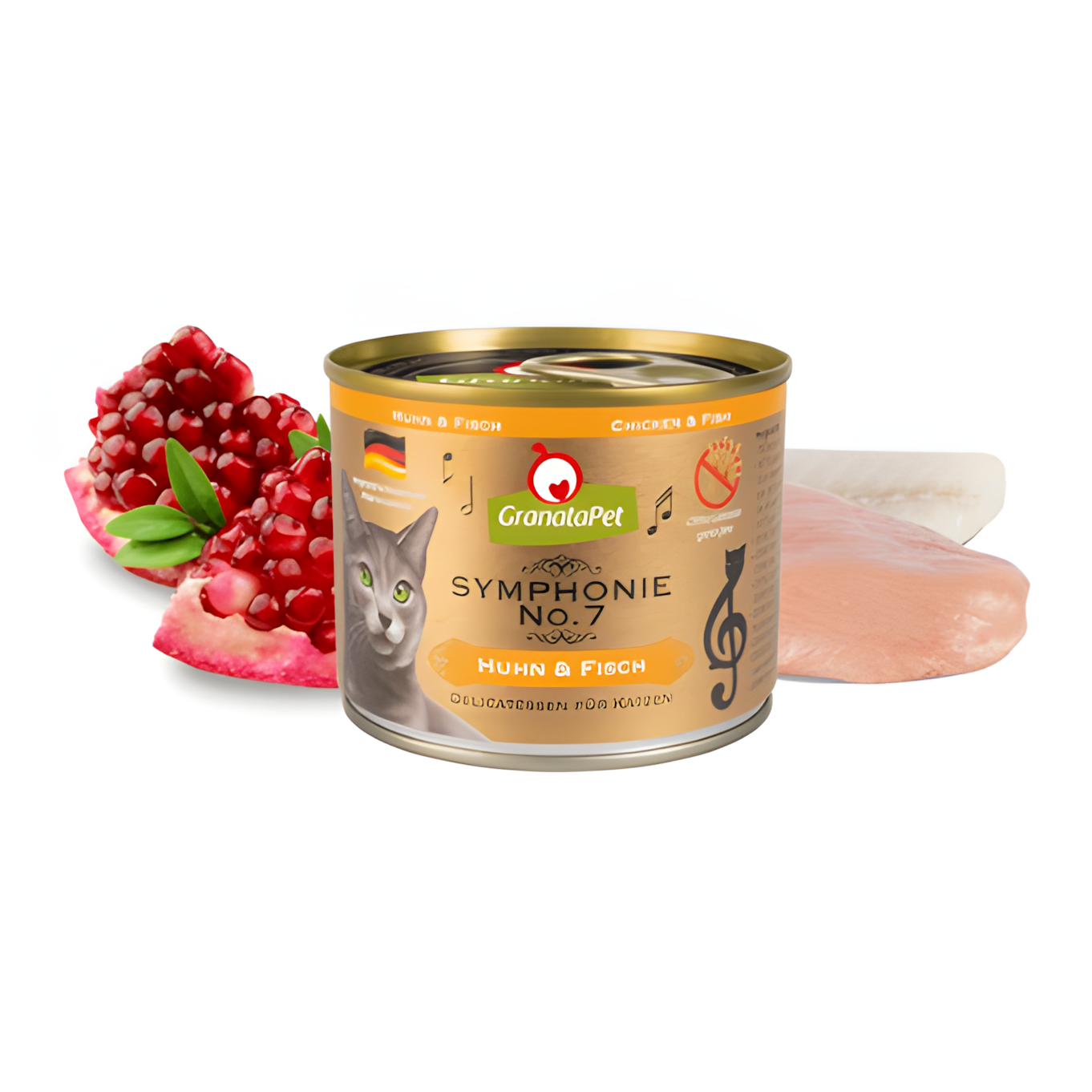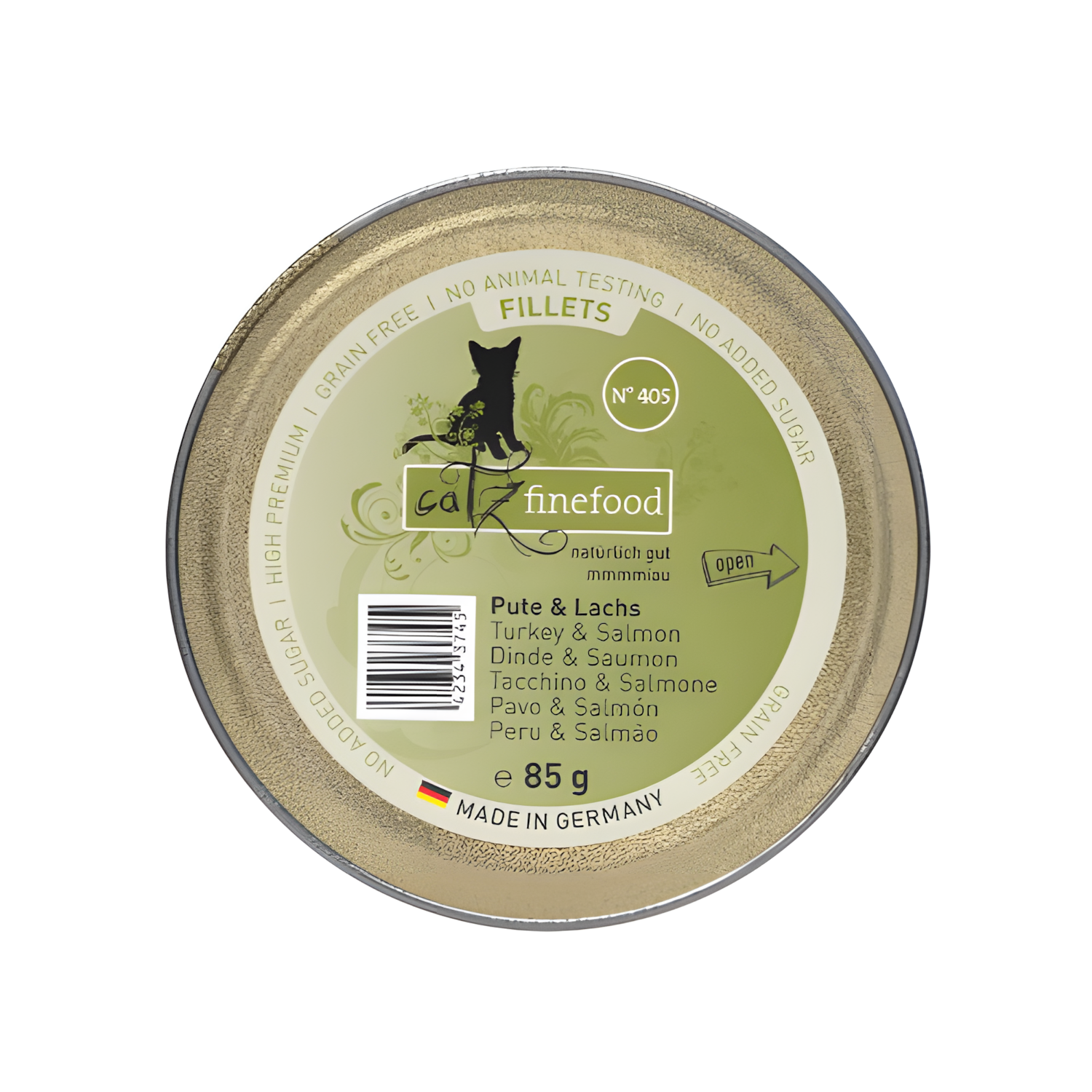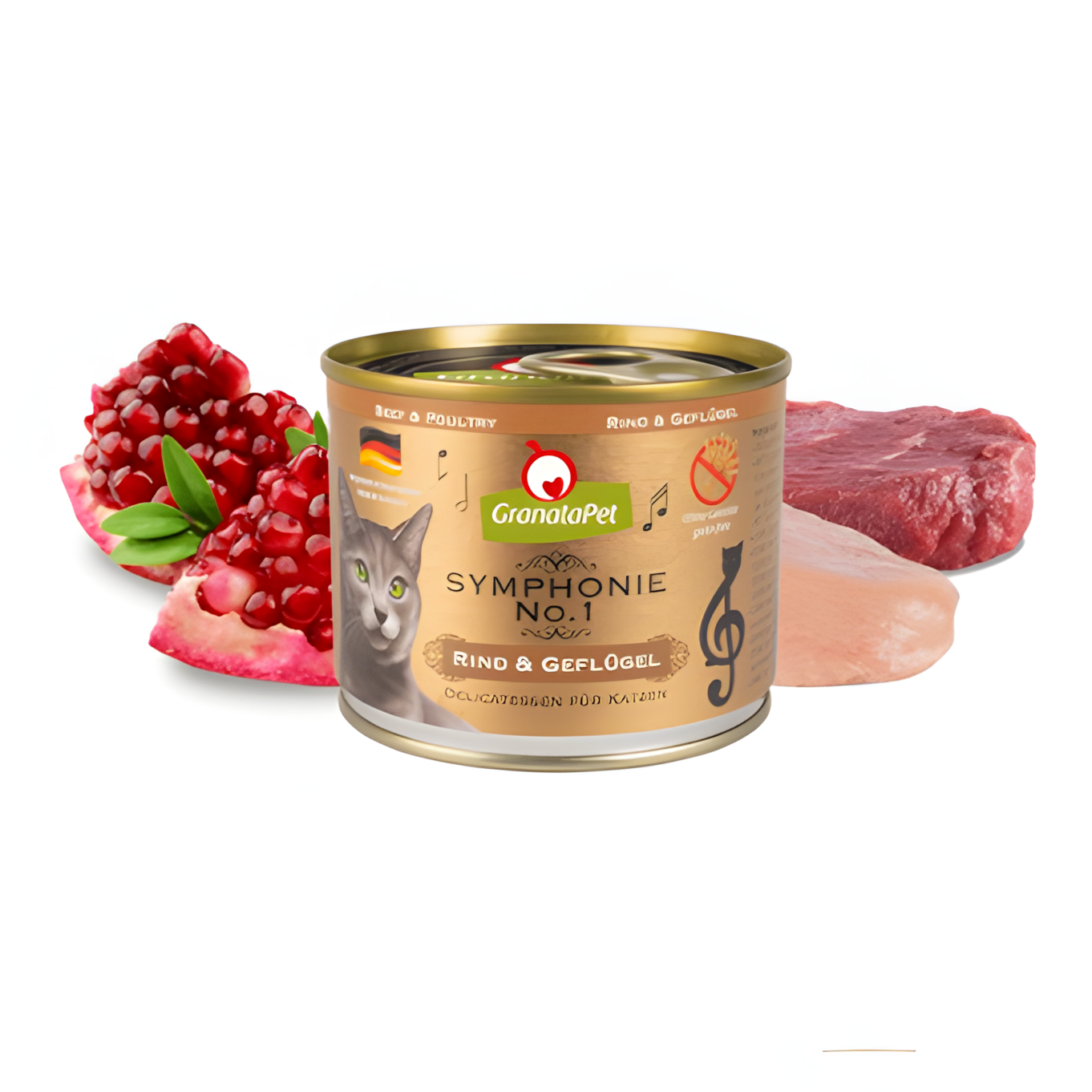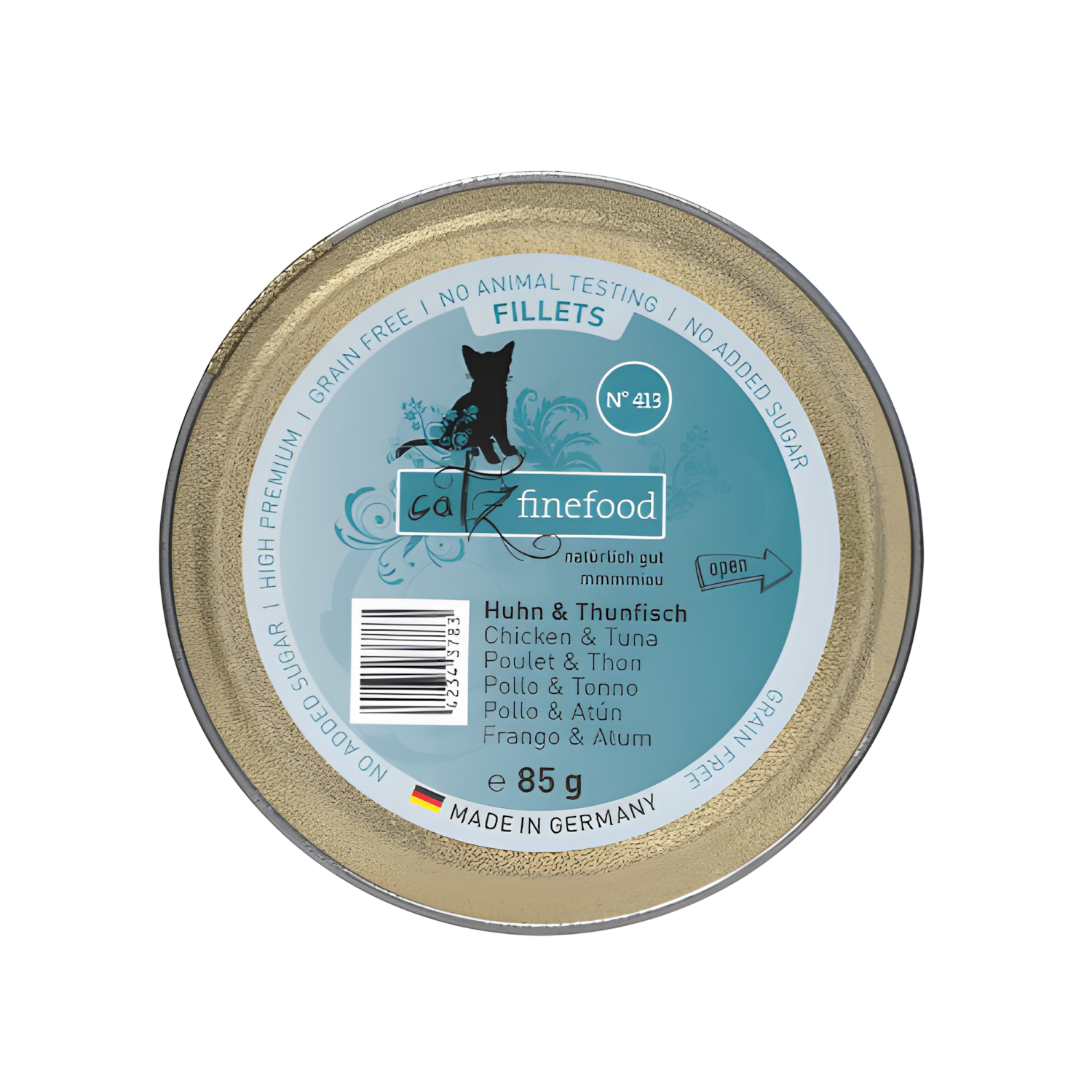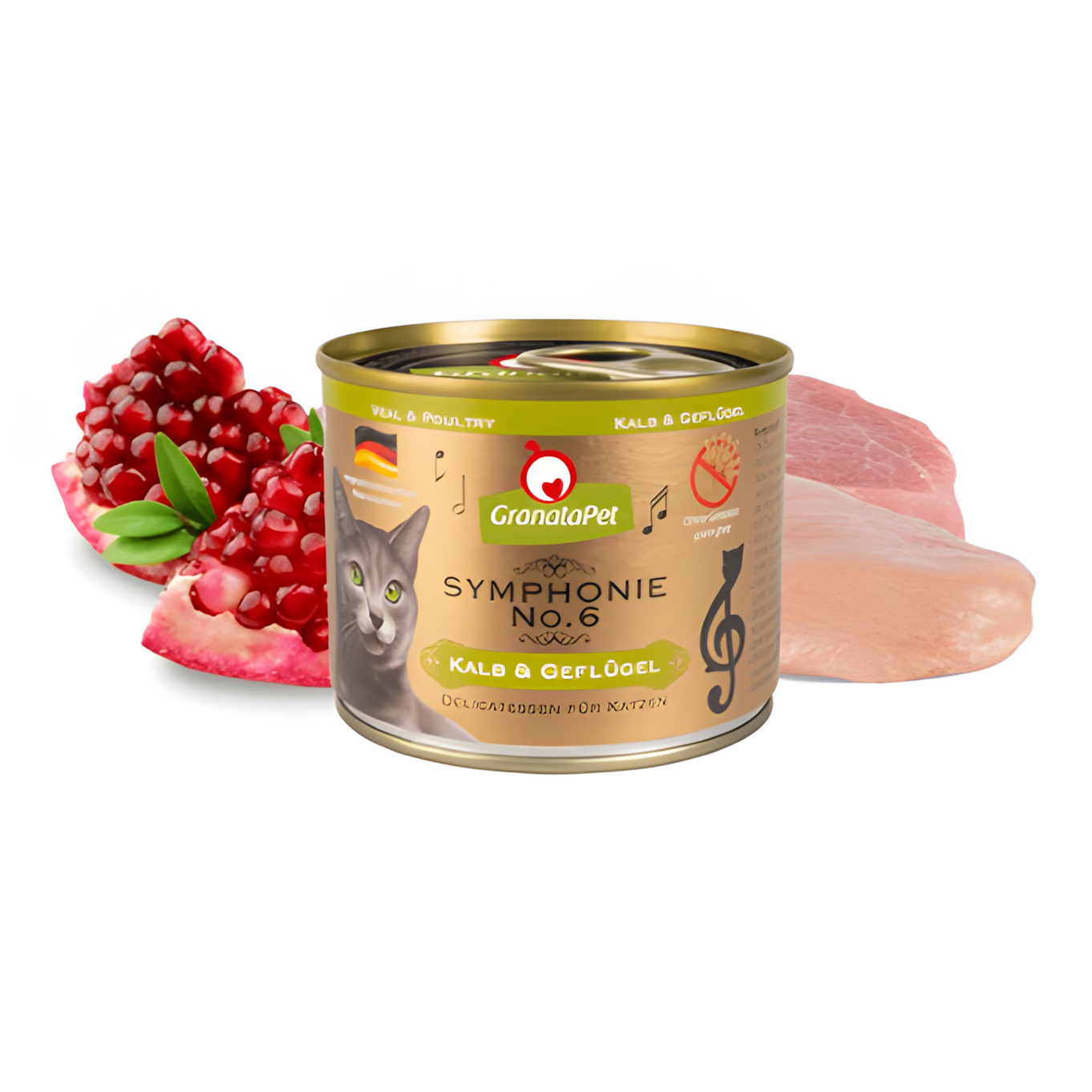
Choosing the Right Food for Your Pet: A Complete Guide by Breed and Size

Choosing the right food for your pet can be overwhelming, especially with the vast array of options available today. However, understanding the specific needs of your pet based on their breed and size can make the process much simpler and ensure that your furry friend gets the nutrition they need.
Small Breeds: High Metabolism, High Energy
Small breeds like Chihuahuas, Dachshunds, and Pomeranians often have fast metabolisms and high energy levels, meaning they require calorie-dense food to sustain their activity throughout the day. Look for formulas specifically designed for small breeds, which often feature smaller kibble sizes and higher concentrations of proteins and fats. These foods are designed to meet the unique metabolic demands of smaller dogs while being easy for them to chew and digest.
Large Breeds: Supporting Joints and Growth
Large breeds such as Labradors, German Shepherds, and Great Danes have different nutritional needs, especially during their growth stages. These breeds are prone to joint issues, so it’s essential to choose foods rich in glucosamine and chondroitin to support joint health. Large-breed formulas typically have balanced calcium and phosphorus levels to promote controlled growth and prevent developmental issues like hip dysplasia. Breed-Specific Diets: Tailored Nutrition
Some pet food brands offer breed-specific diets that cater to the unique needs of individual breeds. For example, Bulldogs may benefit from a diet that promotes respiratory health and helps maintain an ideal weight, while Dachshunds might need food that supports spinal health. While breed-specific diets aren’t always necessary, they can be beneficial for addressing particular health concerns or preferences.
Cats: Different Breeds, Different Needs
Cats, too, have varying dietary needs based on their breed and size. For instance, Maine Coons, a large and muscular breed, might benefit from a diet rich in high-quality proteins and fatty acids to maintain their lean muscle mass and luxurious coats. On the other hand, a smaller breed like the Siamese might require a diet that supports their high energy levels.
When selecting the right food for your pet, always consider their breed and size, and consult with your veterinarian to ensure you’re meeting their specific nutritional needs. By providing a diet tailored to their unique requirements, you're setting your pet up for a healthier and happier life.

